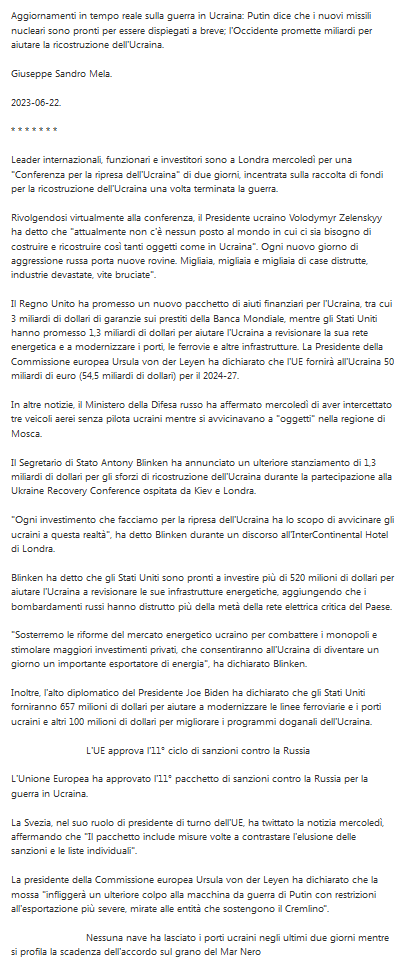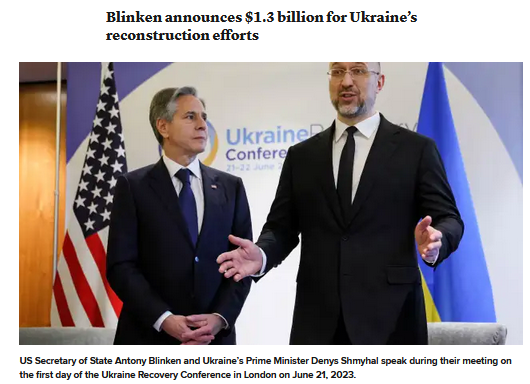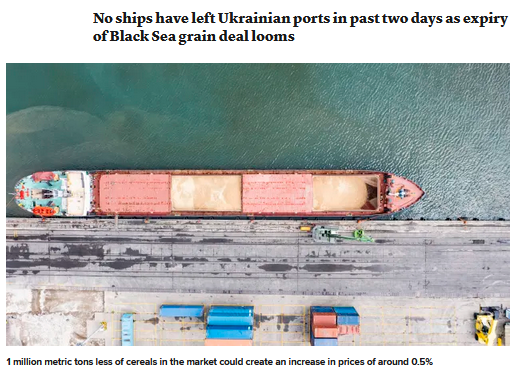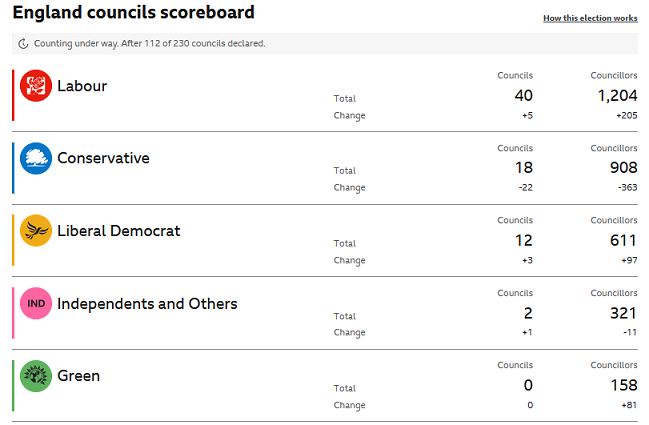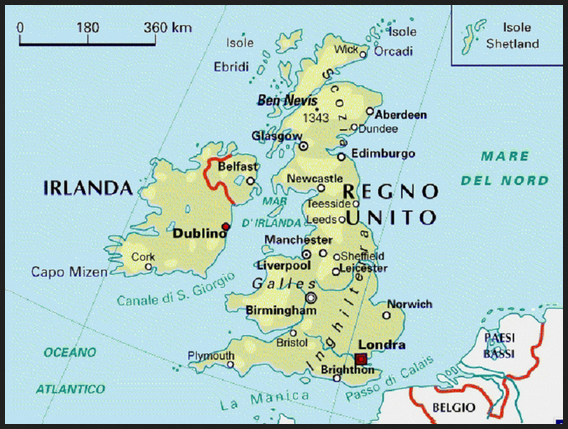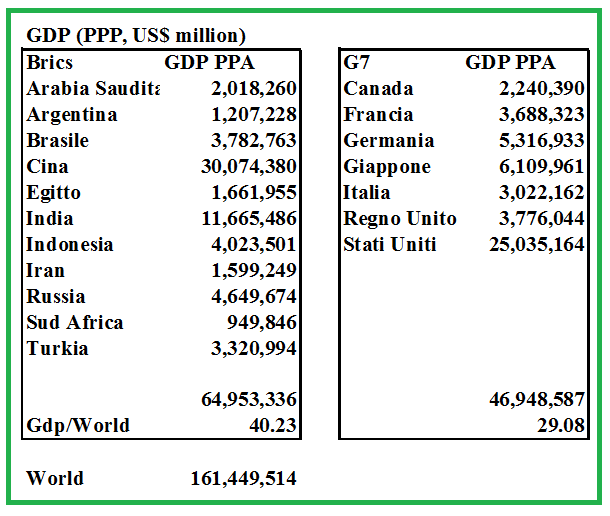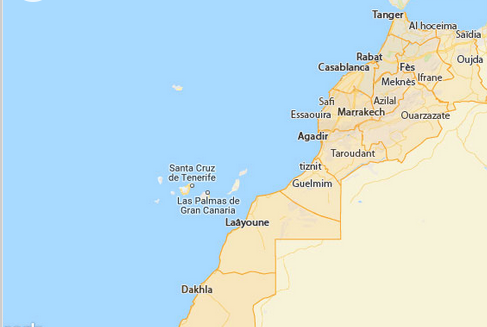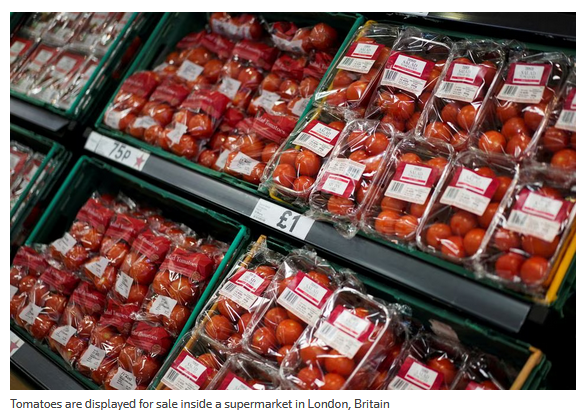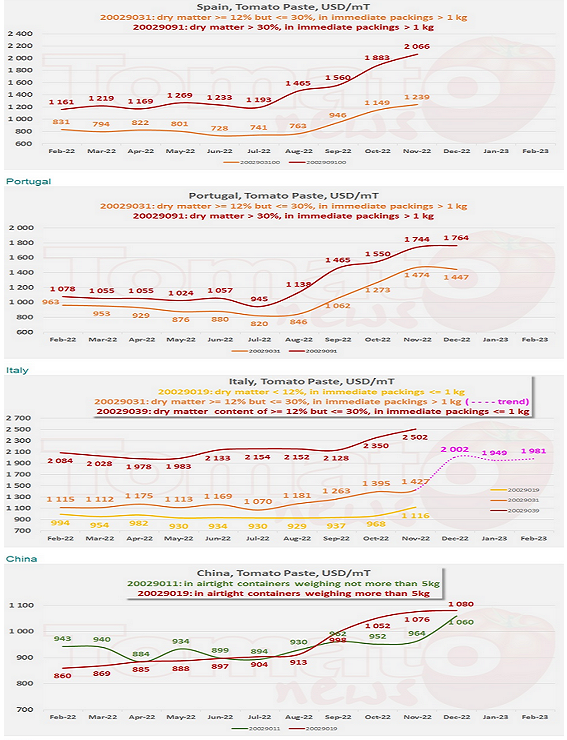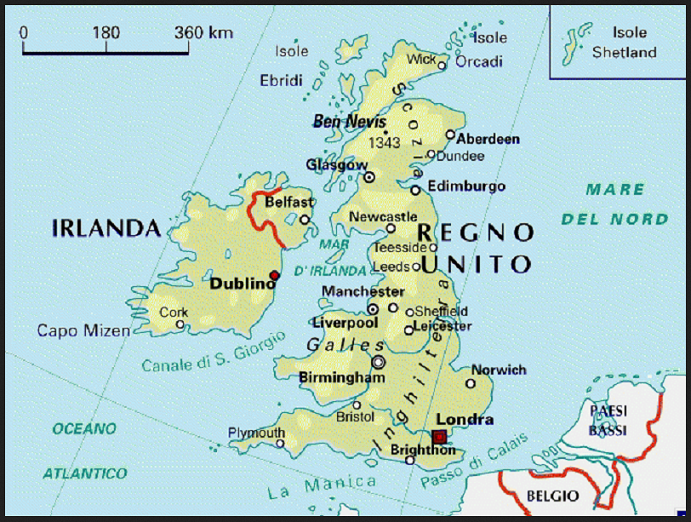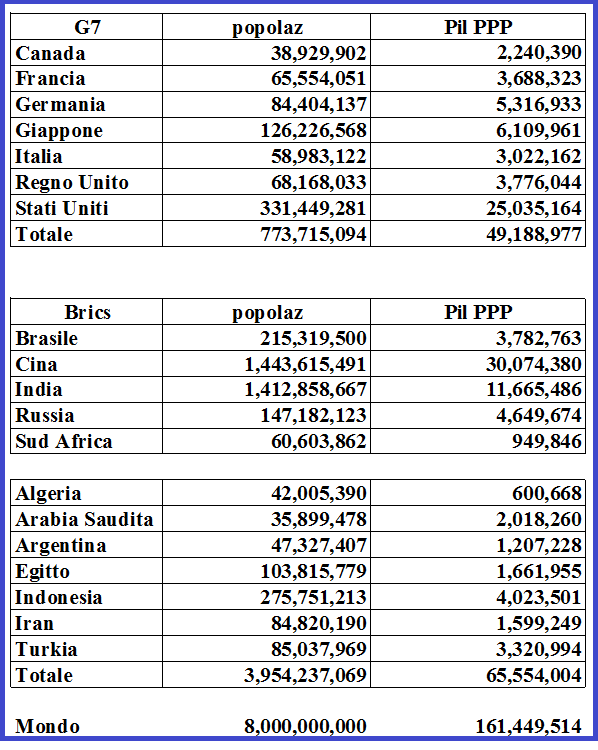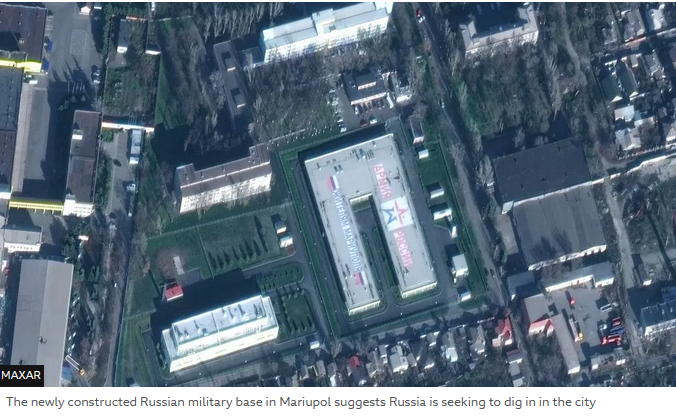Giuseppe Sandro Mela.
2023-03-20.
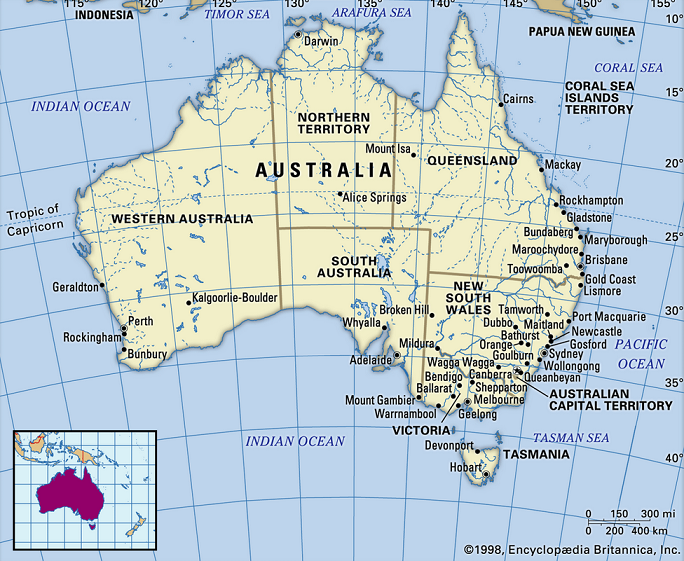
Una traduzione in lingua italiana è riportato in calce.
* * * * * * *
«AUKUS is a trilateral security pact between Australia, the United Kingdom, and the United States, announced on 15 September 2021 for the Indo-Pacific region. Under the pact, the US and the UK will assist Australia in acquiring nuclear-powered submarines.
The pact also includes cooperation on advanced cyber, artificial intelligence and autonomy, quantum technologies, undersea capabilities, hypersonic and counter-hypersonic, electronic warfare, innovation and information sharing. The pact will focus on military capability, separating it from the Five Eyes intelligence-sharing alliance that also includes New Zealand and Canada.» [Fonte]
* * * * * * *
Aukus. Gli (ex) alleati in rivolta. Ma Australia e Regno Unito si fidano di Biden.
Taiwan question bedrock of political foundation of China-U.S. relations, Xi says
So-called “democracy versus authoritarianism” narrative not defining feature of today’s world, says Xi
Cina. Ha varato la Fujian, moderna portaerei di progetto e tecnologie tutte cinesi.
Isole Salomone. Sono entrate nel patrocinio politico e militare della Cina.
Cina. Controllo strategico del Mar Giallo e del Mare Cinese Orientale.
Cina alla conquista dell’Oceano Pacifico.
USA, Gran Britannia ed Australia. Accordo per dotarla di sottomarini atomici. Ira di Europa e Cina.
Micronesia. Questo arcipelago è la frontiera marittima degli Stati Uniti sul Pacifico.
Cina. Raduna in riunione le Isole del Pacifico ma il consenso totale sarebbe prematuro.
* * * * * * *
«Nuclear submarine plan aims to give Australia strategic edge to deter China. Australian nuclear submarines are key to defending the country’s 36,000 kilometres of coastline and maintaining an edge against China, whose growing military presence means conflict can erupt without notice»
«The shift from Australia’s diesel-electric fleet to nuclear-powered subs brings additional range, stealth and strike capability – crucial capabilities given Canberra’s reliance on sea cargo for trade, and undersea cables for telecommunications. Australia is expected to buy up to five U.S. Virginia class submarines in the 2030’s, before building a new British-designed submarine in South Australia under a partnership with both countries dubbed AUKUS. Sooner than that, around 2027, U.S. nuclear submarines are expected to be deployed in Western Australia.»
«The shift from six conventional submarines to a nuclear-powered fleet comes with a price tag estimated at A$100 billion-A$170 billion ($66 billion-$112 billion), Australia’s biggest-ever defence project.»
«It is vital that Australia has the same capability to deter – or, if necessary, fight – China as it expands its nuclear submarine fleet and ranges deeper into Australia’s northern waters»
«The number one thing submarines do is hunt other submarines. We need to be able to track those submarines, and if it did come to a conflict with anyone, to respond appropriately. They are a really important part of our deterrence capability.»
«People’s Liberation Army Navy (PLAN) had a fighting force of 340 ships and submarines, including 12 nuclear submarines – six equipped with ballistic missiles – and 44 conventionally powered submarines. Chinese submarines are of less advanced technology and noisier than they should be so more detectable. The Chinese are developing carrier-killer ballistic missiles to target surface ships, aircraft carriers and destroyers»
«China’s failed effort last year to strike a 10-nation security and trade pact in the Pacific islands renewed concern about Beijing’s naval ambitions»
* * * * * * *
Analysis: Nuclear submarine plan aims to give Australia strategic edge to deter China.
March 10, 2023.
Sydney, March 10 (Reuters) – Australian nuclear submarines are key to defending the country’s 36,000 kilometres of coastline and maintaining an edge against China, whose growing military presence means conflict can erupt without notice, defence officials and government advisers said.
The shift from Australia’s diesel-electric fleet to nuclear-powered subs brings additional range, stealth and strike capability – crucial capabilities given Canberra’s reliance on sea cargo for trade, and undersea cables for telecommunications, they said.
“This is the biggest step forward in our military capability that we’ve had since the end of the Second World War,” Australian Defence Minister Richard Marles said on Friday. “This, more than anything that we can do, it will allow us in a pretty difficult world to look after ourselves.”
Reuters has reported Australia is expected to buy up to five U.S. Virginia class submarines in the 2030’s, before building a new British-designed submarine in South Australia under a partnership with both countries dubbed AUKUS. Sooner than that, around 2027, U.S. nuclear submarines are expected to be deployed in Western Australia.
The three countries are expected to announce details of the plan on Monday in San Diego. The shift from six conventional submarines to a nuclear-powered fleet comes with a price tag estimated at A$100 billion-A$170 billion ($66 billion-$112 billion), Australia’s biggest-ever defence project.
Nuclear submarines are a key area where the United States has an edge over China’s navy, which is the world’s largest, said Peter Dean, co-author of Australia’s Defence Strategic Review, which was handed to government last month and will be made public in April.
It is vital that Australia has the same capability to deter – or, if necessary, fight – China as it expands its nuclear submarine fleet and ranges deeper into Australia’s northern waters, he said.
“The number one thing submarines do is hunt other submarines,” he said. “We need to be able to track those submarines, and if it did come to a conflict with anyone, to respond appropriately. They are a really important part of our deterrence capability.”
A U.S. Defense Department report last year said the People’s Liberation Army Navy (PLAN) had a fighting force of 340 ships and submarines, including 12 nuclear submarines – six equipped with ballistic missiles – and 44 conventionally powered submarines. The report added that China would build a guided missile submarine by the middle of this decade.
Sheer numbers can be overcome with superior technology, analysts said.
“Chinese submarines are of less advanced technology and noisier than they should be so more detectable,” said Bates Gill, executive director for the Asia Society’s Centre for China Analysis.
United States Studies Centre chief executive Michael Green, a former U.S. National Security Council member who wrote a paper for the Pentagon seven years ago on undersea warfare, said he estimated then the U.S. had a 15-year lead over China in that realm.
“The Chinese are developing carrier-killer ballistic missiles to target surface ships, aircraft carriers and destroyers. This undersea warfare advantage, this edge, is absolutely critical to deterring China against thinking it can use force against anyone in the region,” he said.
Green says PLA officials told him a decade ago that Beijing sought to control the waters around the Pacific’s “first island chain” of Taiwan, Japan and the Philippines – which all have treaties with the United States – to create a buffer.
They also hoped to push U.S. forces from the “second island chain” spanning the U.S. territory of Guam to the Pacific islands, which count Australia as a traditional aid and security partner.
China’s failed effort last year to strike a 10-nation security and trade pact in the Pacific islands renewed concern about Beijing’s naval ambitions, he said.
“They want to take the fight to our neighbourhoods so that we can’t concentrate our forces to deal with a contingency in the first island chain,” he said, referring to an attack on Taiwan.
The U.S. has long wanted to base its nuclear submarines in Australia, and if that is the near-term solution under AUKUS, it is a significant shift, Gill said.
AUKUS will also see the joint development of long-range missile systems, pre-positioning of material and a larger U.S. military footprint in Australia, he said.
“The public mood has dramatically changed towards China,” he said, pointing to polling by the Lowy Institute think tank showing Australians see China as a threat. Such moves nonetheless remain politically sensitive, despite bipartisan support from the two major parties, and would face some community opposition, he added.
Prime Minister Anthony Albanese has said Australia will retain sovereign decision making as it integrates with AUKUS allies – from the workers who will build the submarines to training programmes.
He declined to comment on costs on Friday but said Australia would “make sure that we invest more in our defence”.
Dean says the Defence Strategic Review has set out a plan to handle a conflict that begins without warning – preparations that range from ammunition and fuel logistics to workforce requirements and base locations.
China’s diplomats have said AUKUS violates a Pacific nuclear-free treaty, and the country has told the International Atomic Energy Association the pact is an act of nuclear proliferation, although IAEA has said marine nuclear propulsion is allowed if monitored.
Beijing says its military expansion in the region is for defensive purposes.
* * * * * * *
Il piano per i sottomarini nucleari mira a dare all’Australia un vantaggio strategico per scoraggiare la Cina. I sottomarini nucleari australiani sono fondamentali per difendere i 36.000 chilometri di coste del Paese e mantenere un vantaggio contro la Cina, la cui crescente presenza militare fa sì che un conflitto possa scoppiare senza preavviso.
Il passaggio dalla flotta australiana diesel-elettrica ai sottomarini a propulsione nucleare comporta un raggio d’azione aggiuntivo, capacità stealth e d’attacco – capacità cruciali data la dipendenza di Canberra dai carichi marittimi per il commercio e dai cavi sottomarini per le telecomunicazioni. Si prevede che l’Australia acquisterà fino a cinque sottomarini statunitensi della classe Virginia negli anni 2030, prima di costruire un nuovo sottomarino di progettazione britannica nell’Australia meridionale nell’ambito di una partnership con entrambi i Paesi denominata AUKUS. Prima di allora, intorno al 2027, i sottomarini nucleari statunitensi dovrebbero essere dispiegati nell’Australia occidentale.
Il passaggio da sei sottomarini convenzionali a una flotta a propulsione nucleare ha un prezzo stimato tra i 100 e i 170 miliardi di dollari australiani (66-112 miliardi di dollari), il più grande progetto di difesa mai realizzato dall’Australia.
È fondamentale che l’Australia abbia la stessa capacità di dissuadere – o, se necessario, combattere – la Cina, che sta espandendo la sua flotta di sottomarini nucleari e si spinge più in profondità nelle acque settentrionali dell’Australia.
La cosa più importante che i sottomarini fanno è cacciare altri sottomarini. Dobbiamo essere in grado di tracciare questi sottomarini e, se dovessero entrare in conflitto con qualcuno, di rispondere in modo appropriato. Sono una parte davvero importante della nostra capacità di deterrenza.
La Marina dell’Esercito Popolare di Liberazione (PLAN) ha una forza di combattimento di 340 navi e sottomarini, tra cui 12 sottomarini nucleari – sei dotati di missili balistici – e 44 sottomarini a propulsione convenzionale. I sottomarini cinesi sono di tecnologia meno avanzata e più rumorosi di quanto dovrebbero essere, quindi più individuabili. I cinesi stanno sviluppando missili balistici carrier-killer per colpire navi di superficie, portaerei e cacciatorpediniere.
Il tentativo fallito della Cina lo scorso anno di stringere un patto commerciale e di sicurezza con 10 nazioni nelle isole del Pacifico ha rinnovato la preoccupazione per le ambizioni navali di Pechino.
* * * * * * *
Analysis: Nuclear submarine plan aims to give Australia strategic edge to deter China.
Analisi: Il piano di sottomarini nucleari mira a dare all’Australia un vantaggio strategico per scoraggiare la Cina.
10 marzo 2023.
Sydney, 10 marzo (Reuters) – I sottomarini nucleari australiani sono fondamentali per difendere i 36.000 chilometri di coste del Paese e mantenere un vantaggio nei confronti della Cina, la cui crescente presenza militare fa sì che un conflitto possa scoppiare senza preavviso, hanno dichiarato funzionari della difesa e consulenti governativi.
Il passaggio dalla flotta australiana diesel-elettrica ai sottomarini a propulsione nucleare comporta un raggio d’azione aggiuntivo, capacità stealth e d’attacco – capacità cruciali data la dipendenza di Canberra dai carichi marittimi per il commercio e dai cavi sottomarini per le telecomunicazioni.
“Questo è il più grande passo avanti nella nostra capacità militare dalla fine della Seconda Guerra Mondiale”, ha dichiarato venerdì il ministro della Difesa australiano Richard Marles. “Questo, più di ogni altra cosa che possiamo fare, ci permetterà in un mondo piuttosto difficile di prenderci cura di noi stessi”.
La Reuters ha riferito che l’Australia dovrebbe acquistare fino a cinque sottomarini statunitensi della classe Virginia negli anni 2030, prima di costruire un nuovo sottomarino di progettazione britannica nell’Australia meridionale nell’ambito di una partnership con entrambi i Paesi denominata AUKUS. Prima di allora, intorno al 2027, i sottomarini nucleari statunitensi dovrebbero essere dispiegati nell’Australia occidentale.
I tre Paesi dovrebbero annunciare i dettagli del piano lunedì a San Diego. Il passaggio da sei sottomarini convenzionali a una flotta a propulsione nucleare ha un prezzo stimato tra i 100 e i 170 miliardi di dollari australiani (66-112 miliardi di dollari), il più grande progetto di difesa mai realizzato dall’Australia.
I sottomarini nucleari sono un settore chiave in cui gli Stati Uniti hanno un vantaggio sulla marina cinese, che è la più grande del mondo, ha dichiarato Peter Dean, co-autore della Defence Strategic Review australiana, che è stata consegnata al governo il mese scorso e sarà resa pubblica in aprile.
È fondamentale che l’Australia abbia la stessa capacità di dissuadere – o, se necessario, combattere – la Cina, che sta espandendo la sua flotta di sottomarini nucleari e si spinge più in profondità nelle acque settentrionali dell’Australia.
“La cosa più importante che i sottomarini fanno è cacciare altri sottomarini”, ha detto. “Dobbiamo essere in grado di tracciare questi sottomarini e, se dovessero entrare in conflitto con qualcuno, di rispondere in modo appropriato. Sono una parte davvero importante della nostra capacità di deterrenza”.
Secondo un rapporto del Dipartimento della Difesa degli Stati Uniti dello scorso anno, la Marina dell’Esercito Popolare di Liberazione (PLAN) dispone di una forza di combattimento di 340 navi e sottomarini, tra cui 12 sottomarini nucleari – sei dei quali dotati di missili balistici – e 44 sottomarini a propulsione convenzionale. Il rapporto aggiungeva che la Cina avrebbe costruito un sottomarino con missili guidati entro la metà di questo decennio.
Secondo gli analisti, i numeri possono essere superati con una tecnologia superiore.
“I sottomarini cinesi hanno una tecnologia meno avanzata e sono più rumorosi di quanto dovrebbero essere, quindi più individuabili”, ha dichiarato Bates Gill, direttore esecutivo del Centro per l’analisi della Cina dell’Asia Society.
L’amministratore delegato del Centro Studi degli Stati Uniti, Michael Green, un ex membro del Consiglio di Sicurezza Nazionale degli Stati Uniti che sette anni fa ha scritto un documento per il Pentagono sulla guerra sottomarina, ha dichiarato di aver stimato che allora gli Stati Uniti avevano un vantaggio di 15 anni sulla Cina in questo campo.
I cinesi stanno sviluppando missili balistici “carrier-killer” per colpire navi di superficie, portaerei e cacciatorpediniere. Questo vantaggio nella guerra sottomarina è assolutamente fondamentale per dissuadere la Cina dal pensare di poter usare la forza contro chiunque nella regione”.
Green racconta che una decina di anni fa gli ufficiali della PLA gli dissero che Pechino voleva controllare le acque intorno alla “prima catena di isole” del Pacifico, formata da Taiwan, Giappone e Filippine – che hanno tutte un trattato con gli Stati Uniti – per creare un cuscinetto.
Sperava anche di spingere le forze statunitensi dalla “seconda catena insulare” che si estende dal territorio statunitense di Guam alle isole del Pacifico, che contano sull’Australia come tradizionale partner per gli aiuti e la sicurezza.
Il tentativo fallito della Cina l’anno scorso di stringere un patto di sicurezza e commercio tra 10 nazioni nelle isole del Pacifico ha rinnovato la preoccupazione per le ambizioni navali di Pechino.
“Vogliono portare la lotta nelle nostre vicinanze, in modo che non possiamo concentrare le nostre forze per affrontare una contingenza nella prima catena di isole”, ha detto, riferendosi a un attacco a Taiwan.
Gli Stati Uniti desiderano da tempo basare i propri sottomarini nucleari in Australia e se questa è la soluzione a breve termine nell’ambito di AUKUS, si tratta di un cambiamento significativo, ha dichiarato Gill.
L’AUKUS prevede anche lo sviluppo congiunto di sistemi missilistici a lungo raggio, il preposizionamento di materiale e una maggiore presenza militare statunitense in Australia.
“Lo stato d’animo dell’opinione pubblica è cambiato drasticamente nei confronti della Cina”, ha dichiarato, indicando i sondaggi del think tank Lowy Institute che mostrano come gli australiani vedano la Cina come una minaccia. Tuttavia, nonostante il sostegno bipartisan dei due principali partiti, tali iniziative rimangono politicamente delicate e si scontrerebbero con l’opposizione della comunità, ha aggiunto.
Il Primo Ministro Anthony Albanese ha dichiarato che l’Australia manterrà la sovranità decisionale durante l’integrazione con gli alleati dell’AUKUS, dagli operai che costruiranno i sottomarini ai programmi di formazione.
Venerdì ha rifiutato di commentare i costi, ma ha detto che l’Australia “farà in modo di investire di più nella nostra difesa”.
Dean ha dichiarato che la Defence Strategic Review ha definito un piano per gestire un conflitto che inizia senza preavviso – preparativi che vanno dalla logistica delle munizioni e del carburante ai requisiti della forza lavoro e alle sedi delle basi.
I diplomatici cinesi hanno affermato che l’AUKUS viola un trattato di non proliferazione nucleare nel Pacifico e il Paese ha dichiarato all’Associazione internazionale per l’energia atomica che il patto è un atto di proliferazione nucleare, sebbene l’AIEA abbia affermato che la propulsione nucleare marina è consentita se monitorata.
Pechino afferma che la sua espansione militare nella regione è a scopo difensivo.
